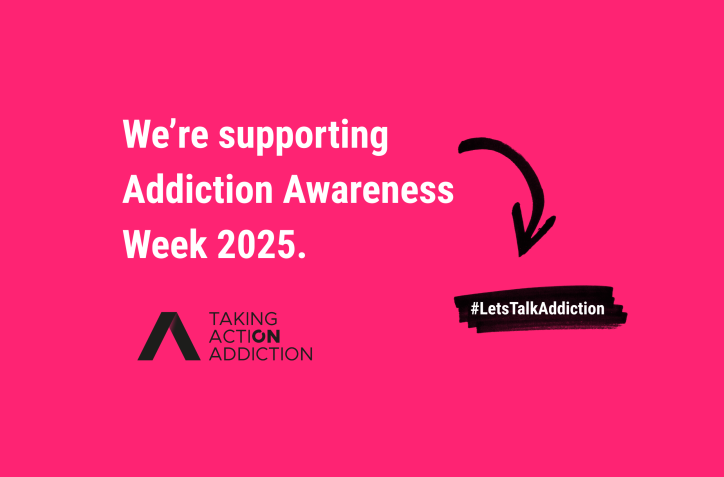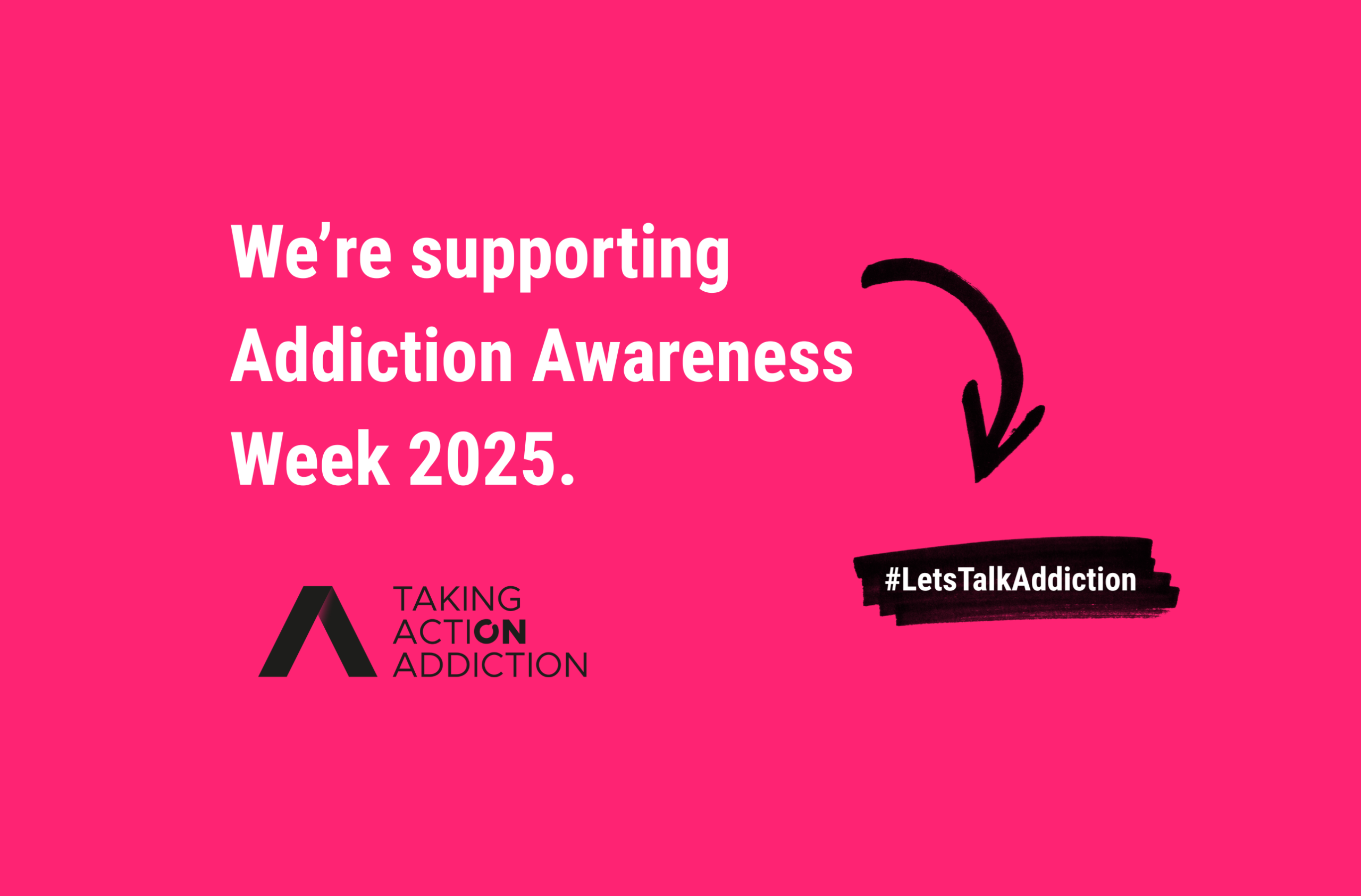Did you know that 10% of people suffer from addiction?
Perhaps you have an employee who goes from a star performer to an individual prone to absenteeism and inappropriate behaviour at work. Or imagine one of your most consistent, productive team members becoming erratic to the point of endangering co-workers around them. Situations like these can signal an employee battling substance abuse (alcohol, drugs and prescription drugs). It has been stated that employees who abuse substances are 25% – 30% less productive and miss work three times more often than their colleagues, so it’s in the employees’ and the employers’ interest to ensure that an addiction problem is recognised and help sought.
More than 70% of substance abusers are employed which means the workplace is becoming a crucial focus of alcohol and drug abuse prevention and treatment activities. Management and supervisory staff are key to helping employees who are battling addiction so adequate training in this area is essential to ensure successful outcomes. Studies have indicated that workplace-based education can be a valuable resource for obtaining help for substance-using workers.
Warning Signs
Some of the main signs of alcohol and drug abuse include:
- bloodshot eyes, pupils larger or smaller than normal
- deterioration of physical appearance
- falling asleep or passing out at work
- noticeable change in personal grooming habits for the worse
- sudden weight loss or weight gain
- tremors, slurred speech, or impaired coordination
- unusual smells on breath, body, or clothing
- drop in performance or attendance at work
- unexplained need for money or financial problems, often accompanied by asking co-workers to borrow money or stealing from the company
- appear fearful, anxious or paranoid for no apparent reason
- lack of motivation, person often appears lethargic or ‘spaced out’
- sudden angry outbursts, mood swings or irritability
- unexplained change in personality or attitude, particularly a negative change
Legal Considerations
No organisation is required to tolerate illegal drug use or allow employees to be under the influence of alcohol in the workplace. However, recovering addicts or alcoholics cannot face disciplinary action based solely on their past history with addiction. Their behaviour, legally, can never be treated more harshly than those non-addicts engaged in the same behaviour — even if it involves substances that have been identified as problems.
Would you like to know more?
Please email enquiries@broadwaylodge.org.uk or telephone 01934 812319 if you would like a copy of our complete advice document for employers or if you’re considering some training for your team.
Perhaps you have spotted a problem?
If you would like to talk to someone in complete confidence please call us on the above number and we will be able to give you impartial and confidential support.











